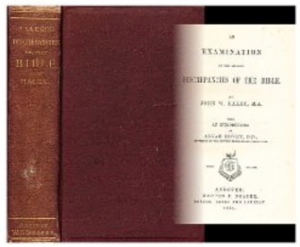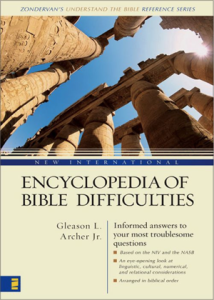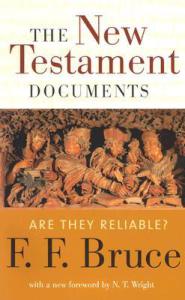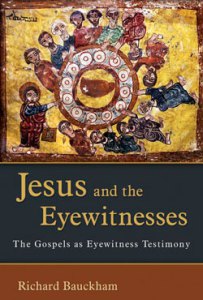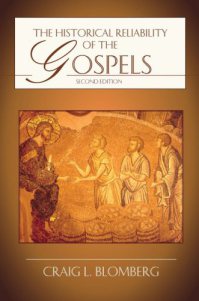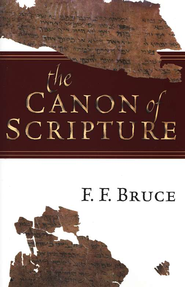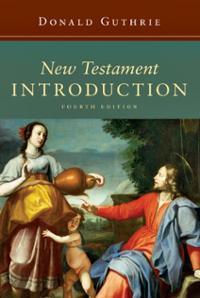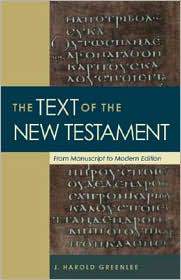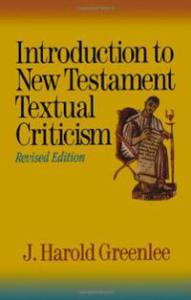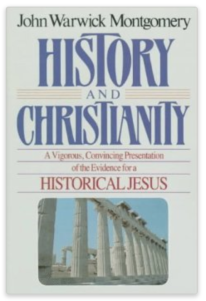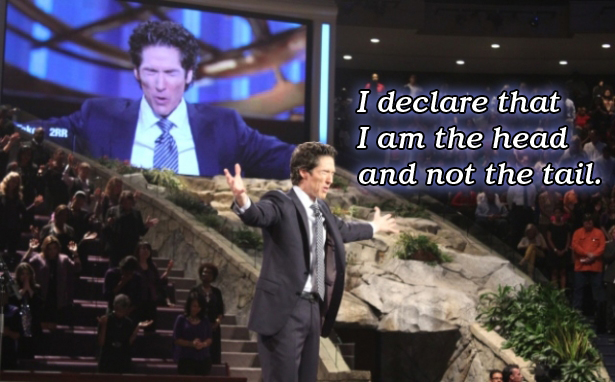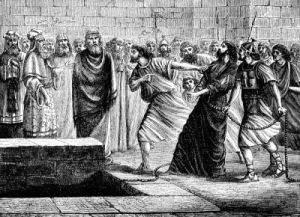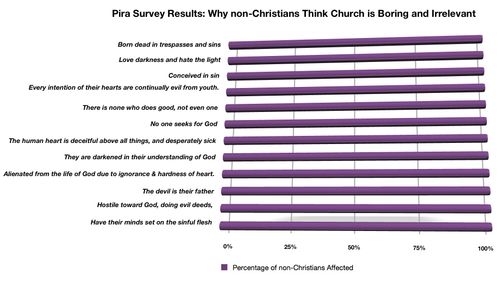A PDF of this document can be downloaded by clicking here.
Martin Luther nailed his 95 theses to the door of the Castle Church in Wittenberg, the public bulletin board of his day. In like manner, we post these 95 theses on the door of the internet. Like the original theses, these are debatable, for we believe that it is through vigorous debate that the spirits are tested and truth is revealed.
In publishing these theses, we do not intend to foment division, but to expose those who are creating division within the body of Christ. We invite all who love the Gospel of Jesus Christ to engage in this debate. We do so in the spirit of the great Reformer, Martin Luther, as we implore the mercies of God upon His Church, for the sake of Jesus Christ, the Lord of the Church and shepherd of our souls.
1. When our Lord and Master Jesus Christ said “Repent,” He willed that the whole life of believers should be one of repentance.
2. To “repent” means to be contrite for one’s sins and to trust Jesus Christ and solely in His completed work for one’s forgiveness, life, and salvation.
3. Those who describe the Christian life as purpose-driven deny true repentance, confuse the Law and the Gospel, and obscure the merits of Christ.
4. Impious and wicked are the methods of those who strip mine the scriptures for life tips and principles to apply to their lives in the name of relevance.
5. This devilish disregard for the Gospel wickedly distorts sacred Scripture into a guidebook for living and sows tares among the wheat by filling churches with people who believe the Bible is about them rather than Christ and what He’s done for them.
6. Life tips, stand up comedy, fog machines, a rockin band, and anecdotal stories from the pastor’s life have no power to work true contrition over sins and faith in Jesus Christ.
7. Like clouds without rain, purpose-driven preachers withhold the proclamation of the forgiveness of sins won by Christ on the cross and enslave men’s consciences to the law which they cleverly disguise as so-called “Life Changing Biblical Principles'.
8. By teaching tips for attaining perfect health, debt-free wealth, great sex, and finding your dream destiny the purveyors of relevance obliterate true fear, love and trust in our Lord and Savior Jesus Christ.
9. They are enemies of Christ, who distort the Word of God by tearing verses from their original context in order to use them as proof texts for their self-help, life transforming agendas.
10. Eternal damnation is practically guaranteed for those who've been taught that God’s Word is a recipe book for practical “life principles”.
11. In the name of relevance, our Lord Jesus Christ is demoted to a cheesy third rate life-coach whose “gospel” motivates people to focus even more on themselves by believing that Jesus exists to assist them in achieving the objectives of their narcissistic delusions of grandeur.
12. The core premise of the entire seeker-driven movement is a lie because no one seeks for God. (Rom. 3:11)
13. The reason unbelievers don’t come to church is because they are dead in trespasses and sins and are at war with God (Eph. 2:1–3, Col. 1:21) not because churches sing hymns.
14. The natural man does not naturally seek the Gospel. “I was found by those who did not seek me; I revealed myself to those who did not ask for me” (Is. 65:1)
15. The only true Seeker of men’s souls is our Lord Jesus Christ who came to seek and to save the lost by His death on the cross (Luke 19:10).
16. The church that is truly “seeker-sensitive” unashamedly proclaims God’s wrath against our sin and then boldly proclaims His mercy won for us by Christ’s substitutionary death on the cross. (Is. 53:4–11)
17. The preaching of Christ crucified for our sins is a stumbling block to purpose-driven pragmatists and foolishness to church growth gurus.
18. The true gold of the Church is the Most Holy Gospel of the glory and the grace of God.
19. But this treasure is a stench in the nostrils of fallen and sinful men because it exposes man’s complete lack of ability to save himself by his own religious efforts.
20. On the other hand, the fool’s gold of “life applications” is preferred by sinful men, for it creates the illusion of moral progress and a life that is pleasing to God apart from repentance.
21. The gold of the Gospel is the net by which Christ would make us fishers of men.
22. The fool’s gold of “life applications” is a snare by which purpose-driven purveyors of relevance attempt to capture the riches of men and the approval of the world.
23. Helping people find their purpose and/or dream destiny is not the goal of Christian sanctification or Christian preaching.
24. The true church is made up of holy sheep who hear the voice of their Shepherd.
25. How can the sheep hear the voice of their Shepherd when false shepherds rip two or three verses out of context while preaching about themselves?
26. Purveyors of purpose-driven relevance are not shepherds of men’s souls but ravenous wolves in sheep’s clothing who tear apart the sheep while fleecing their wallets.
27. Purveyors of relevance claim that life-applications and biblical principles are the means to reach the unchurched because they meet people’s felt needs.
28. Yet a person’s greatest need is one he does not by nature feel, namely the need for forgiveness and the righteousness that comes from God through faith in Jesus Christ.
29. The true means by which fallen sinners are reached is the preaching of Christ and Him crucified and punished for sinners.
30. The true need that mankind is seeking but does not know is justification by grace alone through faith alone for Christ’s sake alone.
31. Since justification is through faith and not through works, natural man neither seeks it nor desires it.
32. Therefore, the teaching of justification by grace through faith is neither seeker-sensitive nor relevant to a world that by nature seeks self-justification.
33. Regardless of the number of people in attendance, the church does not grow unless men are granted repentance and faith by God through the action of His Word.
34. Scripture clearly teaches that the means by which God grants faith is the hearing of the Word of Christ (the Gospel).(Rom. 10:17)
35. Therefore, even if a multi-site mega church, through their own marketing methods and media prowess were able to draw 100,000 people every Sunday, if the Gospel is not heard and the sacraments are not administered according to the Gospel there is no church and the true Church of Jesus Christ has not grown by a single soul.
36. If numerical growth is a measure of God’s approval, then we must conclude that God approves of Islam and the Mormons.
37. If financial success is a measure of God’s approval, then we must conclude that God approves of pornography and gambling.
38. Cancer and crabgrass both grow rapidly, as does the church that obscures the Gospel of Jesus Christ.
39. The purveying of purpose-driven relevance is the theology of glory; the preaching of Christ crucified for sinners is the theology of the cross.
40. The theologian of glory says that the kingdom of God is visible now in buildings, people, and dollars; the theologian of the cross says that the kingdom of God is an article of faith.
41. The theologian of glory asks “How much?” and “How many?”; the theologian of the cross preaches Christ regardless of how much or how many.
42. The theologian of glory prepares people to receive health, wealth, great sex and earthly happiness; the theologian of the cross prepares people to suffer and die in the faith.
43. The theologian of glory preaches that God wants to grant you favors; the theologian of the cross preaches that the favor of God is a free gift for the sake of Christ crucified.
44. The theologian of glory proclaims 40 days of purpose; the theologian of the cross preaches daily dying to self and rising in Jesus.
45. God established the Church to be a “mouth house” of forgiveness not a madhouse of activity.
46. Christ wills that His voice be heard in His Church and not the voice of man when He says, “He who hears you, hears me.” (Luke 10:16)
47. Purveyors of purpose-driven relevance obscure the voice of Christ and so draw the sheep away from the Good Shepherd.
48. Christ saves from sin and death not by motivating the sinner to commit to life transformation through the application of Biblical Principles, but by dying for their sins and rising from the dead and calling them to repent of their wickedness and trust in Him and what He’s done for them.
49. The mission of the church is not to change the world but to disciple the nations by baptizing and teaching (Matt 28:19-20).
50. Anyone who casts a vision and demands allegiance to it sets up a new papacy among the churches.
51. Many evangelicals have come under the tyranny of the new papacy by trading the Pope of Rome for seeker-driven vision casting mini-popes.
52. The old papacy arrogated the Church’s treasury of merits; the new papacy arrogates the Church’s treasury.
53. The old papacy said, “As the coin in the coffer clings, so the soul from purgatory springs”; The new papacy says, “As the tithe in the bucket clings, your finances from under a curse springs.”
54. The old papacy counted plenary indulgences; the new papacy counts nickels and noses.
55. The old papacy suppressed the Gospel through canon law; the new papacy suppresses the Gospel through allegiance to the leader’s vision which is a law unto itself.
56. The old papacy was a friend of Caesar; the new papacy is BFF’s with mammon.
57. The old papacy bound a man’s conscience for the sake of his wallet; the new papacy binds a man’s wallet for the sake of his conscience.
58. The old papacy promulgated infallible dogma; the new papacy casts visions that cannot be questioned or challenged.
59. The old papacy claims to sit on the seat of Peter; the new papacy claims to sit on the mandate of the culture.
60. The old papacy reserved the right to judge doctrine and practice; the new papacy judges doctrine to be an impediment to church growth and life transformation.
61. The old papacy had a college of cardinals; the new papacy has church growth consultants.
62. Just as popes and councils have erred in the past, so vision casting leaders err in the present.
63. God teaches us in his written word that the false teachers, not sound ones, rely on their dreams and visions. (Jude 8, Jer 23:25–27)
64. Pastors exist to serve the church. They are not celebrities who exist to be served by the church in order to build their name brands.
65. When a pastor spends 50 minutes telling stories about his life and throws in a quick nod to Jesus at the end, he’s preaching himself not Christ. (2 Cor 4:5)
66. Jesus said, “Do not lay up for yourselves treasures on earth.” (Matthew 6:19) He did not say to His pastors to build 16,000 square foot mansions for yourselves here on earth.
67. Jesus makes it perfectly clear that money loving 'pastors' do not love God! Instead, they hate and despise God. (Luke 16:13)
68. No where in scripture does God demand that you "step out in faith & sow your best seed offering" to earn a blessing or miracle from Him.
69. “May your silver perish with you, because you thought you could obtain the gift of God with money!” (Acts 8:20)
70. Jesus taught us to pray the Lord’s Prayer. He did not teach us to pray Sun Stand Still prayers.
71. Jesus taught us to pray the Lord’s Prayer. He did not teach us to pray Circlemaker prayers.
72. Christian prayer humbly asks God to supply our needs.
73. Audaciously proclaiming and declaring God’s blessings over yourself is not Christian prayer prompted by humble and penitent faith in Christ.
74. Standing in front of a mirror and declaring how wonderful you are is a Satanic narcissistic delusion that is the opposite of humble and penitent faith in Christ.
75. Your words do not have power to create the future. You’re not God.
76. Having your best life now means that you will spend eternity in Hell.
77. God never condemns sound doctrine but commands His pastors to teach it.
78. Those who twists God’s word and teach innovative ‘doctrines’ are the true agents of division, not those who teach sound doctrine. (Rom. 16:17)
79. All scripture is God breathed, not all ‘still small voices’.
80. No so-called “move of the spirit” today is from the Holy Spirit if it tells Christians to ordain women, bless same-sex marriages or believe or do anything contrary to the written word of God.
81. Jude 18 says that Bible twisters and heretics are devoid of the Spirit.
82. Those who twist God’s word and do not rightly exegete it are lying or are demonically deceived when they claim to be receiving direct revelation from God through dreams, visions, downloads and words of knowledge.
83. There is no such thing as Christianity 2.0. The faith has been once for all delivered to the saints. (Jude 3)
84. Doubt ≠ Faith. “faith is being sure of what we hope for and certain of what we do not see.”
85. It is Satan who undermines the authority of God’s Word by asking, “Did God really say?”
86. Contrary to popular opinion, Jesus is a hater. In Revelation 2:6 Jesus says that He hates the works of heretics.
87. God is intolerant of false “gospels”.
88. God’s word says that, “If anyone preaches to you a gospel contrary to the one you received, let him be damned.” (Gal. 1:9)
89. The church belongs to no man but to Jesus Christ, the incarnate Son of God, and Lord of the church.
90. Woe to the false prophets who cry, “Vision, vision” when there is no vision.
91. Again, woe to those who say, “Purpose, purpose,” when there is no purpose.
92. Again, woe to those who say, “Gospel, gospel,” when there is no Gospel.
93. Blessed are those who say, “Lord have mercy on me, a sinner.”
94. Christians are to be exhorted that they be diligent in following Christ, their Head, through all suffering, death, and hell;
95. And thus be confident of entering into heaven through many trials and tribulations, rather than through the assurance of outward peace, unity, and happiness.

@PirateChristian





